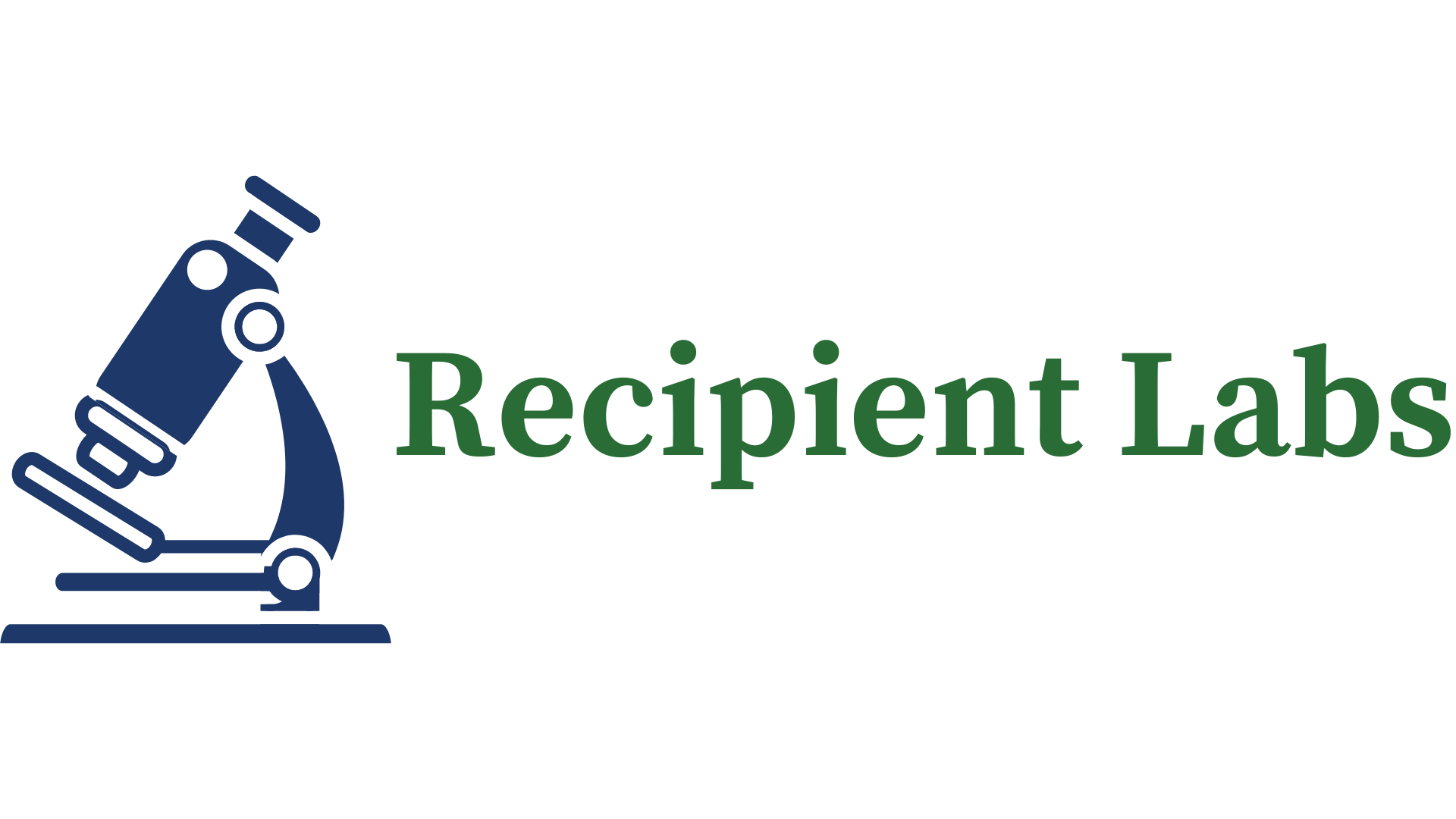Sorry, no, I’m not talking about the illegal ones, like heroin or cocaine.
I’m talking about the ones your body makes naturally, like oxytocin.
Oxytocin is often called “the trust hormone.” It enhances bonding between people. Your body makes it when you fall in love, when you hug or kiss a loved one, and when you have a sexual orgasm.
Also, notably, your body makes oxytocin when you hear a story.
Oxytocin plays an important part in people overcoming defenses and taking the scary leap from “It’s a big bad world, I need to protect myself” to “It’s okay, I trust this person.”
When you are meeting with a potential buyer, you want oxytocin to start flowing through his or her blood. Oxytocin is what causes your potential buyer to say, “I don’t know what it is about this person, I just trust him/her.” Your buyer, under the influence of oxytocin, picks you, not one of the competitors he or she could go with instead.
So how do you get your potential customer’s body to flood the system with oxytocin?
Oxytocin does NOT flow if you merely present a bullet-point list of your product’s benefits.
However, oxytocin DOES flow if you tell a story.
This whole thing about communication being a “soft skill,” I’ve never understood that. Making a sale and getting money in your pocket, that’s not soft, is it?
